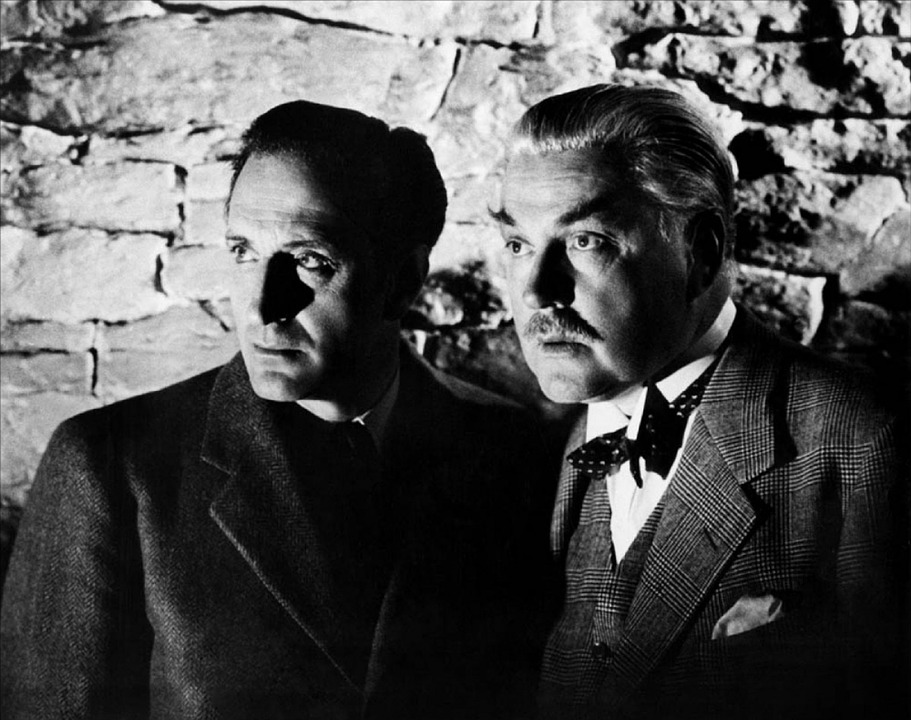
Can business speakers, like great actors, possess stage presence? Absolutely! Here are 3 ways you can speak with maximum impact.
Richard Burton was said to have tons of it. Ian McKellen, another English actor I've seen many times on stage, certainly has it.
Musicians like Elton John and Lady Gaga, and politicians such as Bill Clinton, surely possess it.
It's stage presence—the mysterious quality that electrifies an audience when you speak. But is it so mysterious? And can business speakers have it as well as actors, rock stars and presidents? (To speak for true leadership and move audiences to action, download my free cheat sheet, "Leadership Skills: The 5 Essential Speaking Techniques.")
The Art of Stage Presence in Public Speaking
Stage presence is, above all, expressed confidence. The confidence is there for all to see; and because of it, the performance seems effortless. The type of performance doesn't matter: a business talk, an inaugural address, the lead in a ballet, or a 14-year-old performing at a forensic tournament.
Animals can possess it as easily as humans. Think about those pets or wildlife sanctuary animals that have become viral hits on YouTube and you'll realize the truth of that fact.
Of course, it's the lack of self-consciousness that's part of those creatures' winning formula, and the same is true of their human counterparts. Performers who have true presence aren't concerned with trying to acquire it—they just have it.
What's Your Magic Dust?
The truth is, there's no magic dust involved. And specialized training isn't required either. What is needed is something a lot more old fashioned and powerful than that: simplicity. The formula is so simple, in fact, that it's easily lost amid the anxiety and intense desire to do well that accompanies our performances. We complicate things and try to grasp the golden ring as the carousel whirls around, when we really should be enjoying the ride. (And that, of course, is a sure-fire way to get audiences to enjoy it too.)
Here are three ways to develop stage presence in your business appearances, whatever type of speaking they involve:
Count on yourself and your talent. It is virtually always true that you are being asked to speak because you are the right person for the task. Your knowledge, experiences, abilities and wisdom are what recommended you for the role you're fulfilling. Trust in that and in yourself. Remember as well that it's often your personality as much as your content knowledge that will move your listeners. Subject matter experts are a dime a dozen. As an audience member, I want you to move me, and you should make every effort to do so, not just throw information at me.
Establish and maintain a rapport with your audience. This is why your greeting is so important. The entire tone of your presentation, and the belief on the part of your listeners that they are in good hands, starts here. Every speech, presentation, sales pitch, or lecture is a performance—it's the reason your audience is gathered to hear you. Whatever your topic or area of expertise, this fact rings true: you should spend less time gathering your content and more time being comfortable in front of a roomful of people, talking to them. No one will remember the facts and figures you present, but everyone will recall how you made them feel.
Be fully present. Most of us are masters at living in the past and the future, along with the present. We're thinking about what happened at the office this morning, or the board presentation we have coming up next week. Just like Marley's ghost from Charles Dickens's "A Christmas Carol," we drag that ball-and-chain (past or future) on stage with us; and instead of a riveting speaker, the audience gets someone who's half or one-third "there" for them. Develop the ability to occupy, at 100%, the present moment so that you achieve mindfulness. Here, for instance, are 10 ways to stay fully focused when you speak. You'll be entirely invested in your message, and equally aware of whether it's getting through to your listeners.
I'll never forget the powerful presence of Ian McKellen, named above, as he played Macbeth with the Royal Shakespeare Company at the Warehouse Theater when I was an acting student in London. Judy Dench was an equally powerful Lady Macbeth. In the scene where Macbeth is about to go upstairs and murder his king, the actor rolled one sleeve up as he said his lines, then rolled the other sleeve up, and did it again. Thirty-five years later I still remember that moment vividly. That's stage presence, in all of the senses mentioned above.
Key takeaways from this blog:
- Stage presence is, above all, expressed confidence.
- Special training isn't involved. More important is true simplicity.
- You're the right person for the task. Count on that to gain confidence.
- Spend less time on content and more time being comfortable with audiences.
- Live fully in the present rather than the past or the future.



